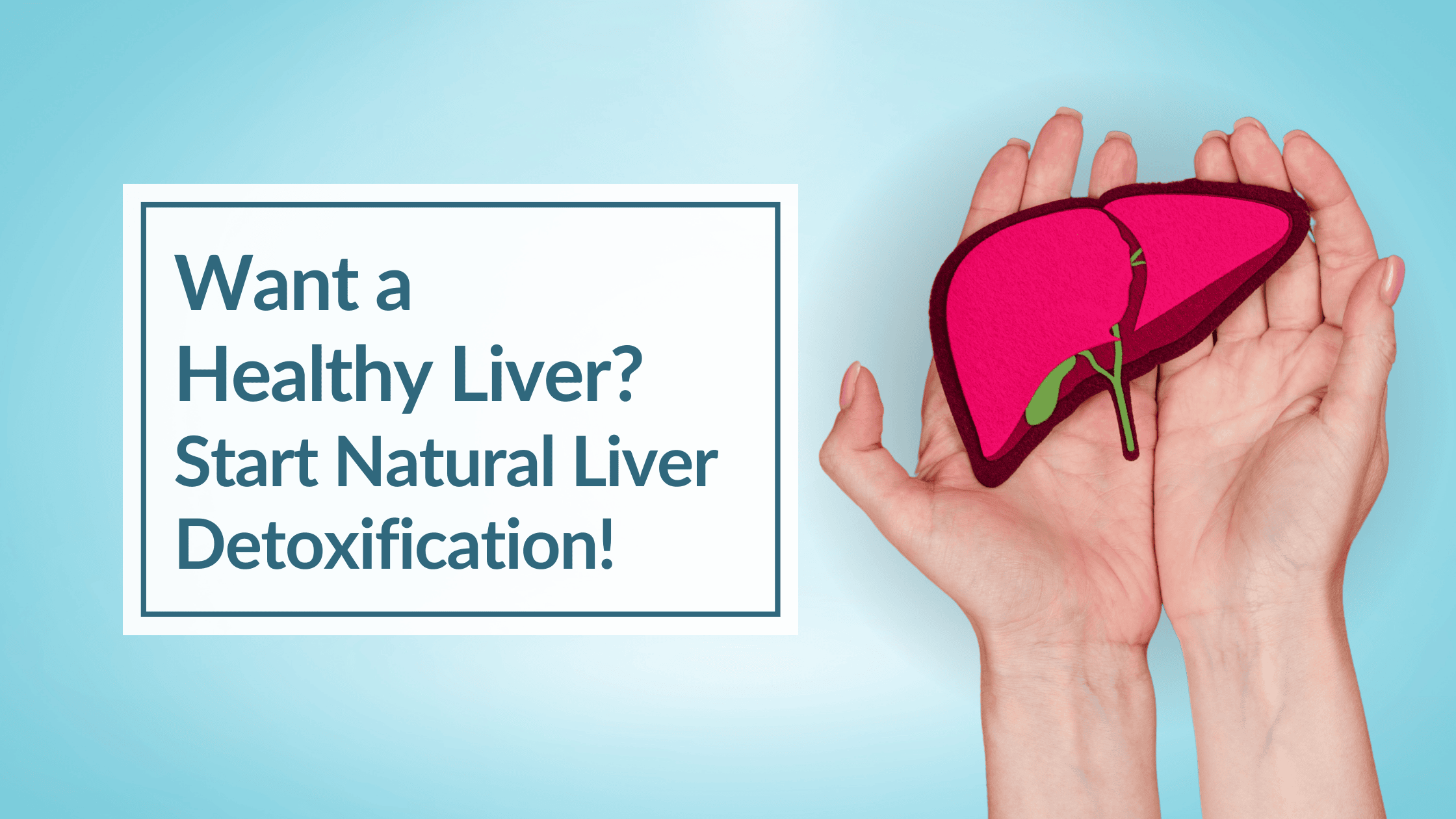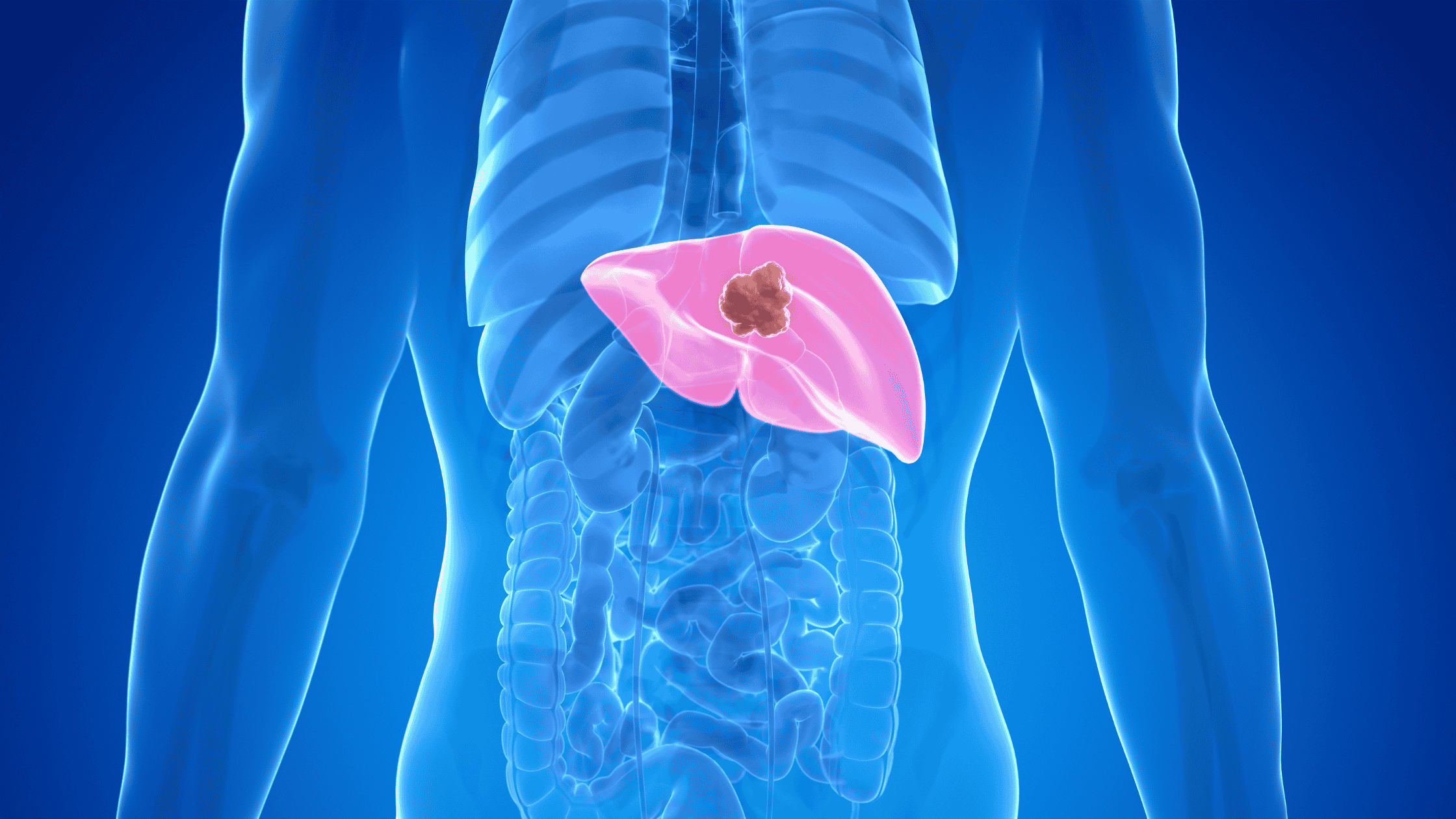
How a Healthy Liver Can Make a Big Difference
A healthy liver is fundamental to your overall wellness, and natural liver detoxification can be an easy addition to your wellness routine. Your liver performs over 500 vital bodily functions, from detoxifying to supporting metabolism and immune function. It’s deeply connected to nearly every system in the body! Being proactive and supporting your liver health helps your brain and Nervous System stay in top shape.
There are many ways to support this organ, and natural liver detoxification is one of the simplest. Including certain nutrients and foods can help balance the phases your liver goes through to detoxify the body from environmental toxins.
At CBH Energetics, we emphasize an integrative approach to liver health. We focus on testing and following up with personalized nourishment, system support, gentle drainage, and detoxification suggestions that align with your body’s natural energetic rhythms.

Understanding the Role of a Healthy Liver
Your liver is a major player in your body’s detoxification system. Along with your lungs, skin, gut, lymph, and kidneys, it works to remove toxins.
Think of your liver as the oil filter in your car. Just like an oil filter traps impurities, dirt, and debris to keep the engine running smoothly, your liver performs a similar role in your body. It filters toxins, waste products, and other harmful substances from your blood, ensuring your body remains clean and functional.
Like a clogged oil filter, overall health may suffer if the liver becomes overwhelmed or sluggish. That’s why maintaining liver health—whether through diet, detox, or lifestyle—is essential for keeping everything running smoothly.
A healthy liver also handles the endotoxins our bodies produce during metabolic processes. While the liver is proficient at this, when our metabolic processes become imbalanced, it can burden the liver.
Key Functions of a Healthy Liver
Here are some of the roles a healthy liver plays:
Filtration
Your blood circulates through the liver at a rate of 2 quarts per minute (Encyclopedia of Natural Medicine, 3rd edition). The blood travels from everywhere, including the intestine, where it picks up bacteria and the byproducts of bacterial and microbial breakdown. A healthy liver means a healthy filter!
Detoxification
The liver undergoes biotransformation, which is the primary route of detoxification. This is the body’s own process of natural liver detoxification, and it occurs in 2 phases. A healthy liver works to transform toxins from fat-soluble to water-soluble. This all happens in the liver cells (hepatocytes).
Phase 1 detoxification uses enzymes called the CYP 450 enzymes to start the transformation of toxins. This process makes it easier for the next phase to happen smoothly. Phase 2 prepares the metabolites for elimination through:
- Glutathione conjugation
- Amino acid conjugation
- Methylation
- Sulfation
- Acetylation
- Glucuronidation
Metabolism Regulation
A healthy liver is a metabolic organ that receives nutrients after digestion in the gut. Fatty acids, glucose, and amino acids are all absorbed into the bloodstream and transported to the liver. Glucose may be stored in the liver as glycogen, fatty acids are converted and stored in liver cells, and amino acids may be metabolized for energy. Different cellular pathways within the liver cells relate to energy and glucose metabolism.
Storage Facility
The liver’s cells store glycogen, fat-soluble vitamins A, D, E, and K, and B12, iron, and copper. The CYP 450 detoxification enzymes also help the body use vitamin D3 through 25-hydroxylation.
Immune Support
The liver has a high level of immune tolerance, known as the liver tolerance effect. A large flow of blood passes through the liver, exposing it to many different pathogens from the GI tract and even foods that may be sensitive to the body. Due to its tolerance, the liver doesn’t always trigger a strong immune response.
Additionally, the liver functions as a lymph organ, containing its own lymph cells and activating them when necessary.
Bile Production
Bile is made in the liver and contains cholesterol waste products and bile salts. These are important parts of bile as they break up fats. Once bile is made, it can move to your small intestine or be collected and stored for future use. Fifty percent of your bile is stored in the gallbladder, which is right below your liver. This whole system helps drain waste from the liver into the gut and helps digest fats. This makes it easier for your digestive enzymes to do their work.

Links Between a Healthy Liver and Other Body Systems
The liver interacts with almost every body system:
The Blood System
The liver helps process bilirubin, a byproduct of red blood cell breakdown. If liver function is stressed, this can show up in energetic tests. On a bioenergetic test, you may see the liver dial showing stress and the gallbladder in the notes section. Worried about bile flow? Look for connections to energetic stress in the blood as well as your remedies! There may be some gallbladder remedies that are balanced for you!
The Endocrine System
Hormone metabolism happens in the liver through a process called sulfation. This breaks down steroid hormones such as estrogen, progesterone, and cortisol. If there is liver stress on your bioenergetic test, look to see if the Endocrine dial is also stressed, along with the adrenals, ovaries, and testes in the notes.
You might also see the Thyroid and Thymus in the notes section! A healthy liver helps convert thyroid hormones into a form the body can use.
The Integumentary System
Jaundice is one of the most common links between the liver and the skin. This happens when bilirubin builds up in the bloodstream and needs medical attention. Acne is another issue that may occur because of the lagging detoxification processes of the liver. Dark circles under the eyes are also said to be linked to poor liver health, toxins, and the Blood System.
The Respiratory System
A lack of oxygen can affect the liver’s ability to function, as it requires plenty of oxygen to make ATP.
The Pancreas
Both of these organs have a role in balanced blood sugar. The pancreas makes the hormones insulin and glucagon. These two hormones will tell the liver to store glucose or make it. If the body needs glucose because of lower blood sugar, glucagon tells the liver to produce more glucose for energy. Insulin will stimulate cells to use glucose if there is adequate blood sugar.
Sluggish or Healthy Liver. How Do You Know?
Sluggishness or stagnation in the liver means a lack of flow or blocked movement, which can be due to lifestyle choices or emotions. According to Traditional Chinese Medicine, excessive emotions such as anger or frustration can be related to stagnation. According to this theory, you may experience irritability, depression, increased PMS, and digestive discomfort.
Spring is said to be a time to boost Liver Qi and liver health. Many undertake a liver detox in the spring and even after the holiday season. Why? Well, spring is a time when liver energy changes and builds. Releasing this energy increases Qi.

Other signs of liver stagnation include:
- Digestive Issues: bloating, constipation, or irregular bowel movements can signal that the liver is not efficiently processing and eliminating toxins.
- Fatigue: feeling constantly tired despite adequate rest can indicate that the liver struggles to detoxify and support energy production.
- Headaches: frequent tension headaches, particularly around the temples or the sides of the head, can be a sign of liver stagnation, as poor bile flow and liver Qi blockage affect blood flow.
- Heavy or Painful Periods: For those with menstruation, irregular cycles, heavy bleeding, or pain during periods can signal liver stagnation, as the liver plays a key role in hormone regulation.
- Chest or Ribcage Discomfort: A feeling of tightness, discomfort, or even pain in the right side of the chest, under the ribcage, can be a sign that the liver is under strain.
- Feeling Stuck or Unmotivated: A lack of motivation, feeling “stuck,” or difficulty making decisions can be signs of liver stagnation. In TCM, the liver’s function is also associated with clarity of vision and purpose, both mentally and physically.
- Overworking or Pushing Through: People experiencing liver stagnation often push themselves too hard, overworking and neglecting rest, leading to physical and emotional exhaustion.
Specific Toxins That Impact a Healthy Liver
Toxins can also contribute to liver stagnation.
- Bacteria and bacterial by-products
- Herbicides and pesticides
- Tick-borne microbes: Bartonella, Borrelia
- Virus: Epstein-Barr, CMV
- Medications (we do not recommend you stop any medication)
- Alcohol
- Pesticides and herbicides
- Heavy metals: mercury, cadmium
- Parasites: Schistosoma, Capillaria, Echinococcus, liver flukes
Incorporating liver support into your everyday wellness routines helps mitigate the toxins we encounter.
Ensuring open drainage pathways is the first step to effective detox. If your drainage pathways are not open, starting detoxification may make you feel worse. Keeping these pathways open is vital for your body to eliminate harmful substances and stay balanced.
Your built-in drainage and detox systems include the following:
- The Lymphatic System: this includes your thymus and spleen.
- The Respiratory System
- The Digestive System
- The Integumentary System
- The Liver/gallbladder
- The Urogenital System
Read an in-depth guide to these pathways here.
Holistic Approaches to A Healthy Liver
Food
Food is one of the best places to start for liver support and the release of liver congestion. These support a healthy liver.
Cruciferous Vegetables:
Broccoli, Brussels sprouts, cauliflower, kale, and cabbage contain compounds like sulforaphane that support liver detoxification. Foods like broccoli may also increase glutathione conjugation in Phase 2 as part of natural liver detoxification.
Beets:
Beets help to cleanse the liver and support its detoxifying processes. They are rich in antioxidants and betaine, which encourage the flow of bile and improve digestion.
Leafy Greens:
Spinach, dandelion root & greens, arugula, and Swiss chard are packed with chlorophyll, which helps to purify the blood and stimulate liver function.
Turmeric:
Turmeric contains curcumin, which has powerful anti-inflammatory properties and supports natural liver detoxification by increasing bile production and reducing liver inflammation.
Garlic:
Garlic is rich in sulfur compounds, which activate liver enzymes and help detoxify heavy metals and other toxins from the body.
Lemon and Lime:
The high vitamin C content of citrus fruits helps detoxify the liver by supporting bile production, which in turn aids in digestion and detoxification. Drinking warm lemon or lime water in the morning can also help kickstart your liver’s natural detox process and increase glutathione.
Berries:
Blueberries, raspberries, and strawberries are rich in antioxidants that protect the liver from damage by free radicals, which are produced during both phases of detoxification.
Artichokes:
Artichokes stimulate bile production, helping the liver to process and eliminate fats. They also support liver cell regeneration and repair.
Green Tea:
Green tea, rich in catechins, helps protect the liver from damage and supports its detox functions. Drinking a cup daily can help maintain optimal liver function.
Healthy Fats:
Avocados, olive oil, chia, fatty fish, and flaxseeds are essential for reducing inflammation and supporting the liver’s ability to process and eliminate toxins efficiently.
Micronutrients and Amino Acids:
Cysteine, methionine, and taurine support sulfation. Taurine will also stimulate bile flow. The mineral molybdenum is also important for sulfation. Glycine supports amino acid conjugation.
Drainage Remedies
Drainage is a homeopathic term that helps organ systems let go of toxins.
Drainage remedies are gentle formulas that improve sluggishness or stagnation in weaker body systems.
- Liver milieu is a homeopathic drainage formula specific to the liver. It supports drainage and natural liver detoxification.
- Milk thistle has been extensively studied for its hepatoprotective properties. It contains silymarin, a compound with antioxidant, antifibrotic, and anti-inflammatory effects on the liver. It’s very safe for pets and is often used by our Pet Scan Clients!
- Artichoke leaf extract, found in Cellcore Biosciences ViRadChem Binder, is also a protective herb for the liver. It has been shown to lower cholesterol and support healthy triglycerides.
- Dandelion root is a single-ingredient tincture that supports the liver and the gall bladder through increased bile flow.
- Curcumin is the ingredient in turmeric that gives it its yellow color. It also helps to inhibit phase one of liver detox while boosting phase two, which can help break down medication in the liver. Bio A Curcumin Blend supports many body systems.
These are some examples of herbs traditionally used for liver health. Our variety of homeopathic, nutritional supplements, and herbal tinctures is tested along with your hair and saliva for a custom-balanced regimen.

Other Practices for a Healthy Liver
Gentle Detoxification:
Incorporating practices like eating smaller, more frequent meals may reduce digestive and liver stress. Herbal remedies and homeopathic tinctures are gentle ways to support natural liver detoxification.
Dry Brushing:
Dry brushing the skin with a soft brush stimulates lymphatic drainage and improves circulation, which helps remove toxins from the body. It’s particularly beneficial for reducing stagnant energy in the liver.
Exercise:
Regular physical activity, especially cardio, and movement that involves sweating, helps stimulate liver function by encouraging toxin elimination through the skin and improving circulation. Yoga poses like twists can also directly support liver function by improving blood flow to the area.
Binders:
Binders prevent toxins from recirculating back to the liver. Some examples are activated charcoal, modified citrus pectin, humic and fulvic acids, clays, and silica.
Hydration:
You need plenty of water to make enzymes and bile and to support your cells. Without enough water, you may have constipation. Hydration is key for supporting liver detoxification. Adding lemon or cucumber to your water can also help increase bile flow and encourage liver health.
Sleep:
Prioritize restorative sleep, as the liver does much of its detoxification and regeneration while you rest. This supports the parasympathetic branch of your Nervous System, otherwise known as the rest-and-digest system. Our Wellness Activator course includes a full sleep checklist, free with any test you take with CBH Energetics.
Herbal Teas:
Dandelion root, milk thistle, or ginger tea helps cleanse the liver, promote bile production, and reduce inflammation.
Mindful Eating:
Eating slowly and mindfully allows your digestive system to process food properly, relieving stress on the liver. Avoid overeating or consuming too many processed foods, which burden the liver’s detoxification capacity.
Acupuncture or Acupressure:
In Traditional Chinese Medicine (TCM), acupuncture is often used to stimulate liver Qi flow and alleviate stagnation. Acupressure techniques, like applying pressure to specific points (e.g., Liver 3), can help relieve liver congestion and restore balance.
Deep Breathing & Meditation:
Focused breathwork and meditation can help release emotional blockages contributing to liver stagnation. This is especially helpful for emotional stress, irritability, or frustration associated with liver imbalances.
Lifestyle is the Best Path to a Healthy Liver
Incorporating liver-supportive practices into your routine doesn’t have to be overwhelming. Focusing on natural liver detoxification with nourishing herbal formulas like dandelion, embracing liver-loving foods, and exercising regularly are all ways to improve your liver health.
Remember, a healthy liver plays a crucial role in your body’s detoxification processes. By supporting it, you’re laying a strong foundation for long-term vitality. Take charge of your liver health today, and let your body thrive!



